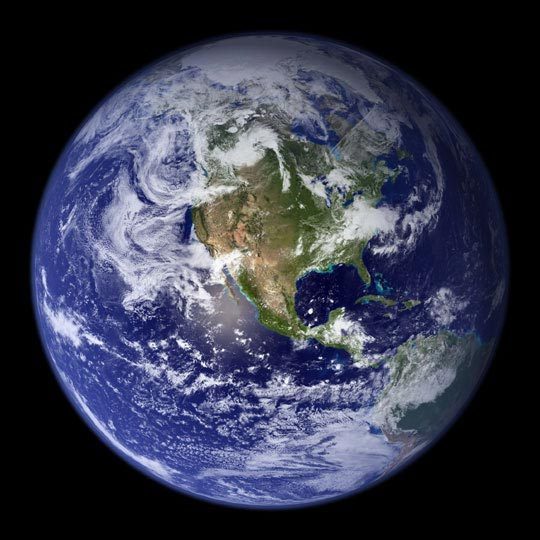Opinions on Global Warming Shift with the Weather

A heat wave is not proof of global warming, but it does seem to help convince people that global warming is real, survey data indicates.
On the flip side, surveys show cool temperatures can make Americans less convinced there is "solid evidence" the planet is heating up.
The new study based on five national surveys of American adults sponsored by the Pew Research Center in June, July and August 2006, January 2007 and April 2008. Respondents were asked: "From what you've read and heard, is there solid evidence that the average temperature on Earth has been getting warmer over the past few decades, or not?"
To see if there was a relationship with local temperature, the researchers, Patrick Egan of New York University and Megan Mullin of Temple University, looked at weather data for the respondents' zip codes.
Their analysis showed that unusual temperatures were associated with a shift in beliefs about evidence for global warming. For every 3 degrees Fahrenheit (1.7 degrees Celsius) that local temperatures in the week before the survey had risen above normal, the respondents became 1-percent more likely to agree that there is "solid evidence" for global warming.
Previous research has shown a similar connection.
The associations that may be happening in people's minds aren't scientific ones. Individual weather events, such as storms, heat waves or even an unusually warm season, cannot be directly attributed to climate change. This is because weather occurs over a short time scale; climate describes weather over the long-term, such as decades, centuries or millennia. [10 Climate Change Myths Busted]
Get the world’s most fascinating discoveries delivered straight to your inbox.
However, climate change is expected to bring more extreme weather events, including heat waves and heavy precipitation, climate scientists say. That's because a warmer world increases the likelihood of these events. Climate scientists often use the metaphor of playing with a loaded die to describe the effects of climate change on weather; it skews the results.
"Global climate change is one of the most important public policy challenges of our time, but it is a complex issue with which Americans have little direct experience," the researchers write in a statement. "As they try to make sense of this difficult issue, many people use fluctuations in local temperature to reassess their beliefs about the existence of global warming."
They also found the effect was short lived. Those interviewed 12 or more days after a heat wave had attitudes no different than those not exposed to a heat wave.
The heat waves that have hit much of the United States this summer are no different, Ye Li, a postdoctoral researcher at the Center for Decision Sciences at Columbia Business School told LiveSciencein an article published earlier this week.
"It's record-setting temperatures, and people are thinking, 'This is global warming, maybe we should think about this,'" Li said. "But will it have a long-term impact? Part of that depends on whether people remember these temperatures. I know every winter I'm not remembering what the hottest days of summer were like."
The results of this new study are published in the July issue of the Journal of Politics, and are intended to contribute to political science research on the relationships between personal experience and opinion.
Follow LiveScience on Twitter @livescience. We're also on Facebook & Google+.
 Live Science Plus
Live Science Plus






